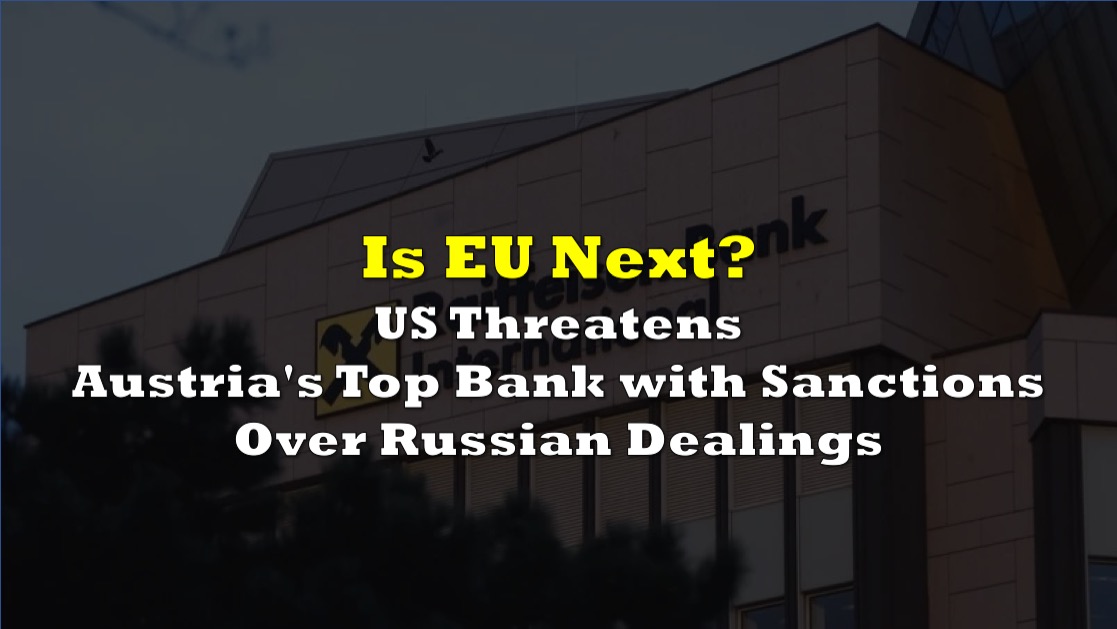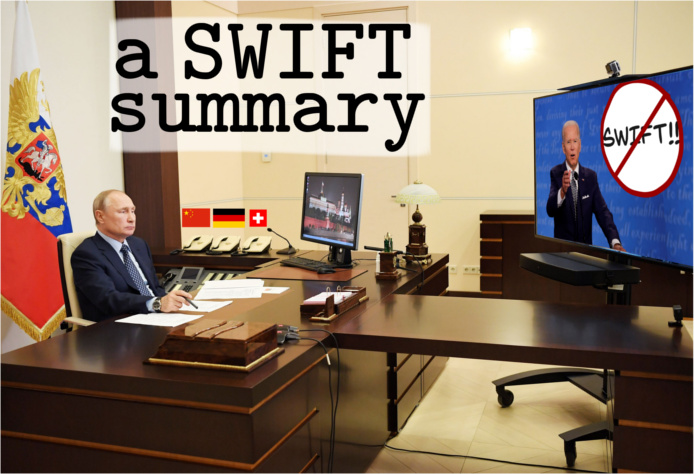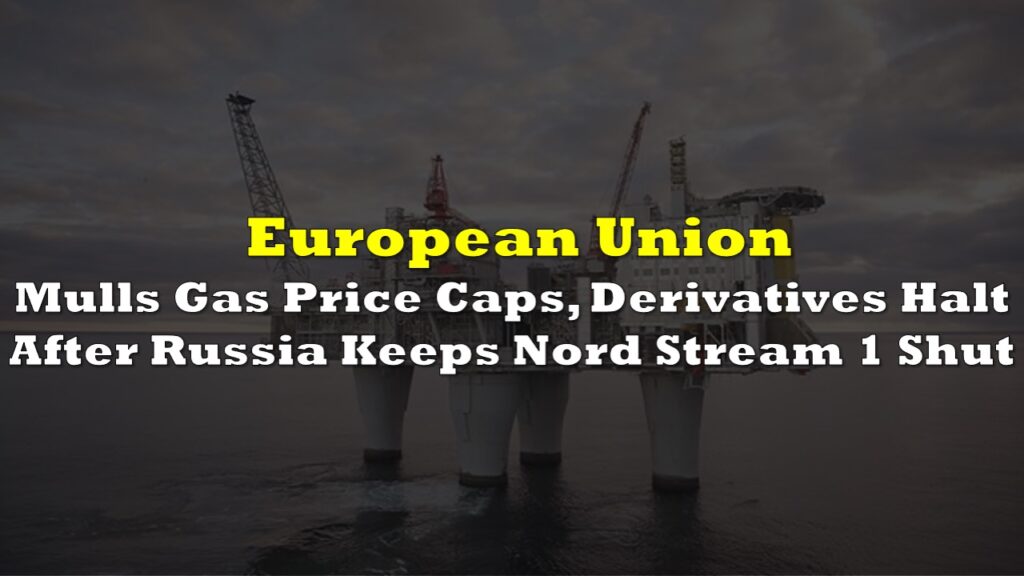The United States has issued a stern warning to Austria’s Raiffeisen Bank International (RBI), threatening it with sanctions due to its business dealings with Russia. The warning, which came from the US Treasury, cautioned RBI that it could be “cut off from the US financial system” if it is found to be financially supporting Russia’s military activities.
Senior Treasury official Anna Morris held meetings with both the Austrian government and RBI executives in Vienna on Thursday and Friday, further emphasizing the seriousness of the situation.
Although RBI refrained from providing public comments on its discussions with authorities, the bank reiterated its stance against supporting Russia’s war efforts. Notably, Ukraine’s National Agency on Corruption Prevention (NACP) has listed RBI among international “Sponsors of War”.
In response to being named on the blacklist, an RBI spokesman said the bank expressed its willingness “to continue its dialogue with NACP” to address the issue.
RBI’s substantial profits in Russia, amounting to €1.3 billion last year, have drawn scrutiny, particularly concerning its participation in schemes benefiting the Russian military, such as providing loan perks for conscripts. The bank’s Russian subsidiary, RBRU, emphasized its adherence to Russian laws, including those related to conscripts’ loans.
EU banks on notice?
RBI is not alone in facing scrutiny over its Russian operations. Several other leading EU banks, including Dutch lender ING, Germany’s Commerzbank and Deutsche Bank, Hungary’s OTP Bank, Italy’s Intesa SanPaolo and Unicredit, and Sweden’s SEB, are also under the US’ radar.
The threat of US sanctions has prompted discussions among German financial institutions, such as Commerzbank, regarding their exposure to potential penalties. The Office of Foreign Assets Control (OFAC), the US Treasury’s financial intelligence unit, has been actively engaging with European banks following its expanded powers to counter what it terms “Russian Harmful Foreign Activities.”
While the possibility of facing US sanctions looms large for these EU banks, many, including ING and Commerzbank, assert their compliance with international sanctions laws. Despite the potential repercussions, the banks remain committed to operating within regulatory boundaries.
The US’s firm stance against EU banks engaging in activities perceived as aiding Russian interests echoes previous instances of transatlantic tension, such as former President Donald Trump’s sanctions on firms involved in the Nord Stream 2 gas pipeline project, alienating Germany and the European Commission.
In response, the European Union has reiterated its commitment to autonomous sanctions and emphasized its opposition to extraterritorial enforcement of sanctions.
“In general, EU sanctions are autonomous and are binding for EU entities/citizens only. They are not applied extraterritorially and we do not find extraterritoriality of sanctions decisions in line with our understanding of international law,” EU spokesman Peter Stano said.
Information for this briefing was found via EU Observer and the sources mentioned. The author has no securities or affiliations related to this organization. Not a recommendation to buy or sell. Always do additional research and consult a professional before purchasing a security. The author holds no licenses.









